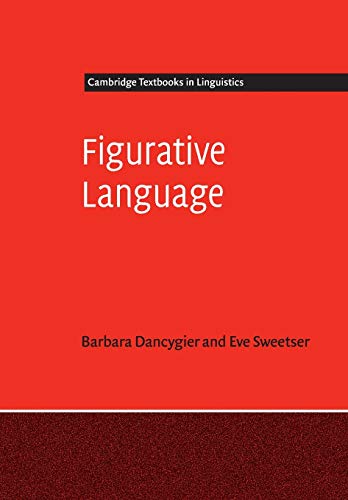- 著者
- Eve Sweetser
- 出版者
- Japanese Cognitive Science Society
- 雑誌
- 認知科学 (ISSN:13417924)
- 巻号頁・発行日
- vol.3, no.3, pp.3_75-3_86, 1996-08-31 (Released:2008-10-03)
- 参考文献数
- 14
Previous work has shown that there are a number of SUBJECTIVE uses of change predicates; in Sweetser (1996) I suggested some generalizations about which English change predicates are open to such extended interpretations, which do not involve an actual change of an individual entity (Matsumoto (1996a, b) has made interesting generalizations about Japanese change predicates). This paper analyzes another subjective use of change predicates, one where not the subject of the change predicate, but the scale or standard of comparison, is the entity which is interpreted as changing. For example, a professor who is getting older and keeps on teaching 20-year-old students might say, “The students keep getting younger every year.” In fact, not the students' age, but the professor's evaluative scale is changing as the professor ages. I propose an analysis of these usages in terms of mental space structure and figure-ground reversal.
1 0 0 0 Figurative language
- 著者
- Barbara Dancygier Eve Sweetser
- 出版者
- Cambridge University Press
- 巻号頁・発行日
- 2014
